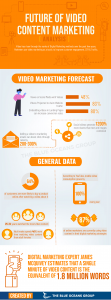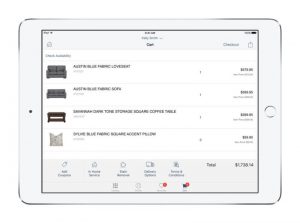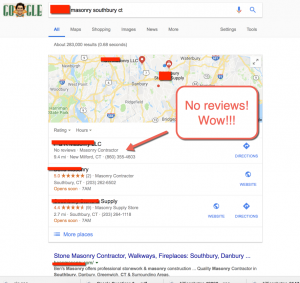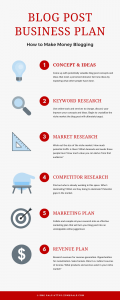— December 29, 2017
Influencer marketing became a trending marketing practice in the recent years. Still, only 31% of B2C marketers are using influencer marketing as a key marketing component. Perhaps some myths need to be shattered for the medium to become commonplace.
Influencer marketing is a high-return yielding marketing strategy if it is used in the right way. It is literally word-of-mouth publicity, but, on a massive scale. Tomoson, an influencer & micro-influencer outreach platform did an Influencer Marketing Study which found that “businesses are making $ 6.50 for every $ 1 spent on influencer marketing.”
There is also high credibility for influencer on social platforms like YouTube, LinkedIn, Instagram, Twitter, etc.
However, a large population of marketers is hesitant to bet on influencer marketing to widen their sales horizons. There are widespread skepticism and doubtfulness in this marketing concept which needs to the thrown to wind immediately.
There are several myths that are blocking marketers from taking an immediate step. Here are five most common myths about influencer marketing that you must turn a deaf ear and blind eye starting now.
Only Celebrities Can Be Influencers
No, no and no!
Influencers are not celebrities. They are not actors, models, or celebrities. In reality, true-blue influencers are hardcore experts in their domain. They are individuals who have displayed exceptional talent and knowledge in selected fields.
Take for instance, Jay Baer. Jay is a keynote speaker at global conferences, is a digital media entrepreneur himself (President of Convince and Convert) and has also published many books on marketing.
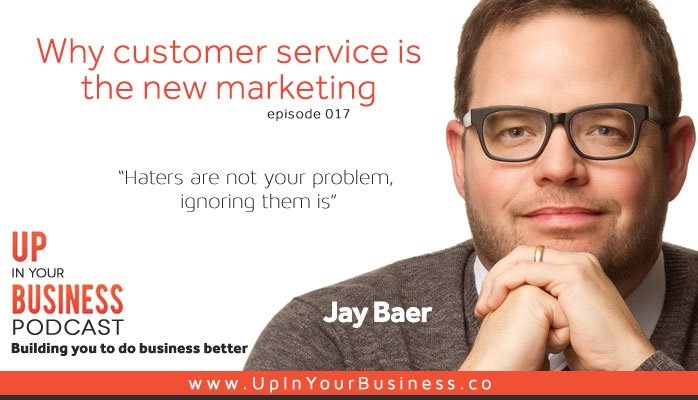
Jay Baer enjoys a Twitter followers count of 256k which has put him on Cision’s list of top 50 Social Media Influencers on Twitter.
Jay’s tweets are packed with content that educates readers with knowledge on marketing. He is not a celebrity, not an actor and not a model either, but a marketing guy who knows the industry like the back of his hand. He is a classic example of influencer marketing at play.
Influencers Need To Have A Media Background
Not necessarily. Although prior experience in digital media will help expand their reach, influencers are not typically expected to have a media background. They are rather experts who churn out content that discusses and gives insights about the industry.
In other cases, they are critics who review products and services in a non-biased way helping customers make the right choices. Such influencers help customers get a bang for their bucks without having to take the trials themselves.
Soothing Sista’s YouTube channel is a great example. With 312,389 followers, Soothing Sista – a channel maintained by Stephanie does product reviews of a diverse nature. Stephanie’s product intro of Warby Parker glasses has been popular among customers who wanted to know more about the glass brand and its offering before making a buy.

Video Link: https://youtu.be/8SGYDB7vzBs
It Wins Only Short-term Customers
Incorrect. Influencer marketing can bond long-term meaningful relationships with customers. The term brand loyalty is perhaps most suited to influencer marketing since people are swayed by their attachment to a person whom they admire and respect.
Influencer marketing goes beyond creating a momentary sensation. It can be used as a channel to know your customers in depth, what their aspirations are and what they expect from a brand without having to talk to them directly.
In a way, influencer marketing is a form of content marketing. Influencers create blogs, images, video, podcasts, etc. which have a shelf life that runs into months and often years, especially in case of well-managed blogs. That said, rest assured that influencer marketing can bring in customers with high Lifetime Value.
The Results Cannot Be Measured
That is such a misinformed assumption! Like any marketing campaign, influencer marketing can also be measured accurately in several aspects. The measurement can be attached to marketing goals to know the effectiveness of each campaign. High-performing campaigns can then be optimized with more time and investment to increase user engagement.
Tools like BuzzSumo give a bird’s eye view as well as the ground-level view of how your influencer marketing campaigns are working.
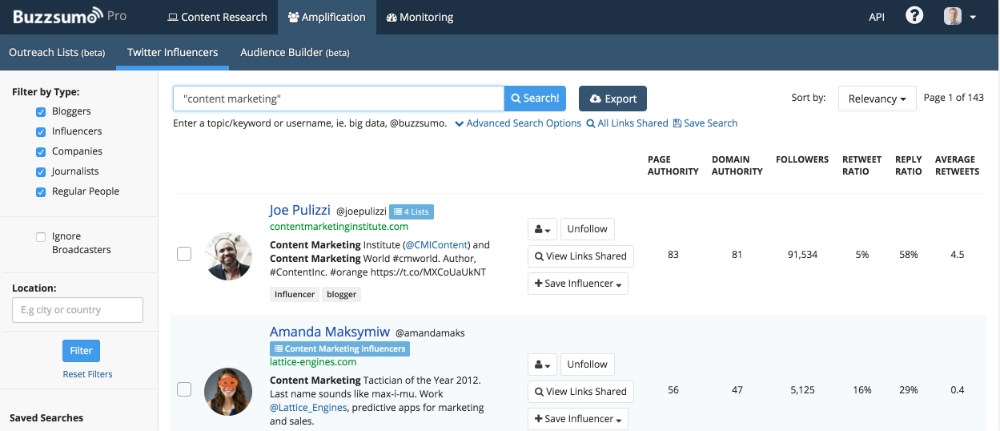
From audience growth to Google Analytics and your favorite Google Sheets spreadsheet, influencer marketing can be tracked in numerous ways. Just keep an open eye for clicks, views, shares, subscriptions, reactions and similar social proof.
Influencers get blocked by ad blockers
This could perhaps be the biggest worry of marketers. Nothing can be more threatening than paid ad campaigns getting blocked by ad blockers. Business Insider reports that ad blocker software purchase and downloads have increased by 30% yoy as on 2016.
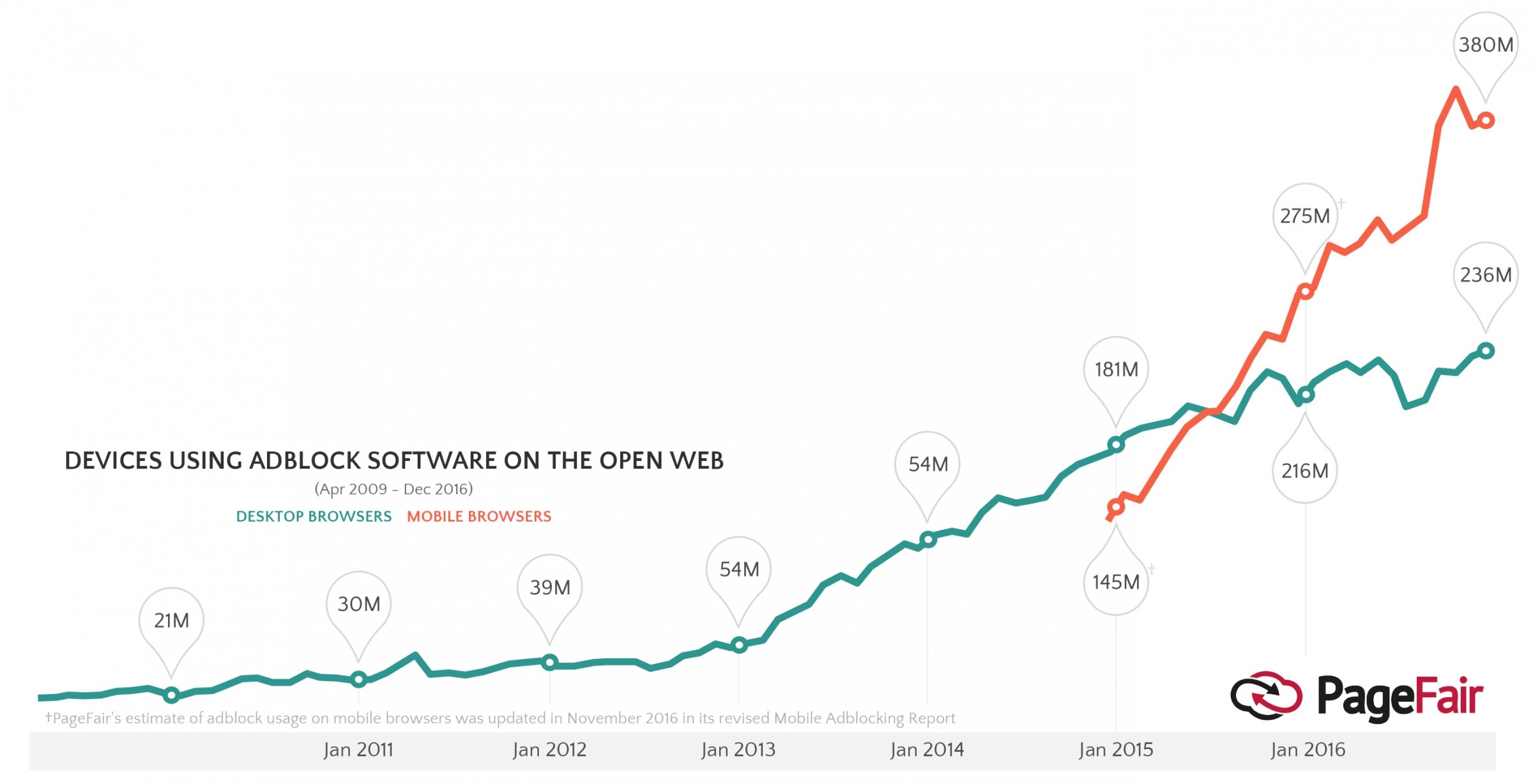
Customers download adblock software for a variety of reasons include cybersecurity, interruption, and several other features. But, influencer marketing can surpass all that. It is not a form of advertising, but an authentic way of word-of-mouth publicity that does not fall under advertising.
Moreover, influencer marketing does the task of spreading the message. There is no offer to buy, sell or engage in a business transaction. It is honest reviews and opinions that are unbiased in nature. This leads to the further success of influencer marketing.
Finally…
Influencer marketing is a new age marketing concept. It does not use celebrities or known faces, instead relies on the knowledge and expertise of subject matter experts.
The myths surrounding influencer marketing makes marketers hesitant to experiment and reap gains out of it. This is my attempt to break the myths that are surrounding this awesome marketing strategy.
Caveat: Influencer marketing is not easy. Like any marketing effort, it also takes time and effort for results to bear fruit. The time and effort are worth the investment, given the proven benefits that it brings to a business.
What’s your take on influencer marketing? Are there any myths that are preventing you from experimenting with influencer marketing? Let us know.
Digital & Social Articles on Business 2 Community
(104)
Report Post
